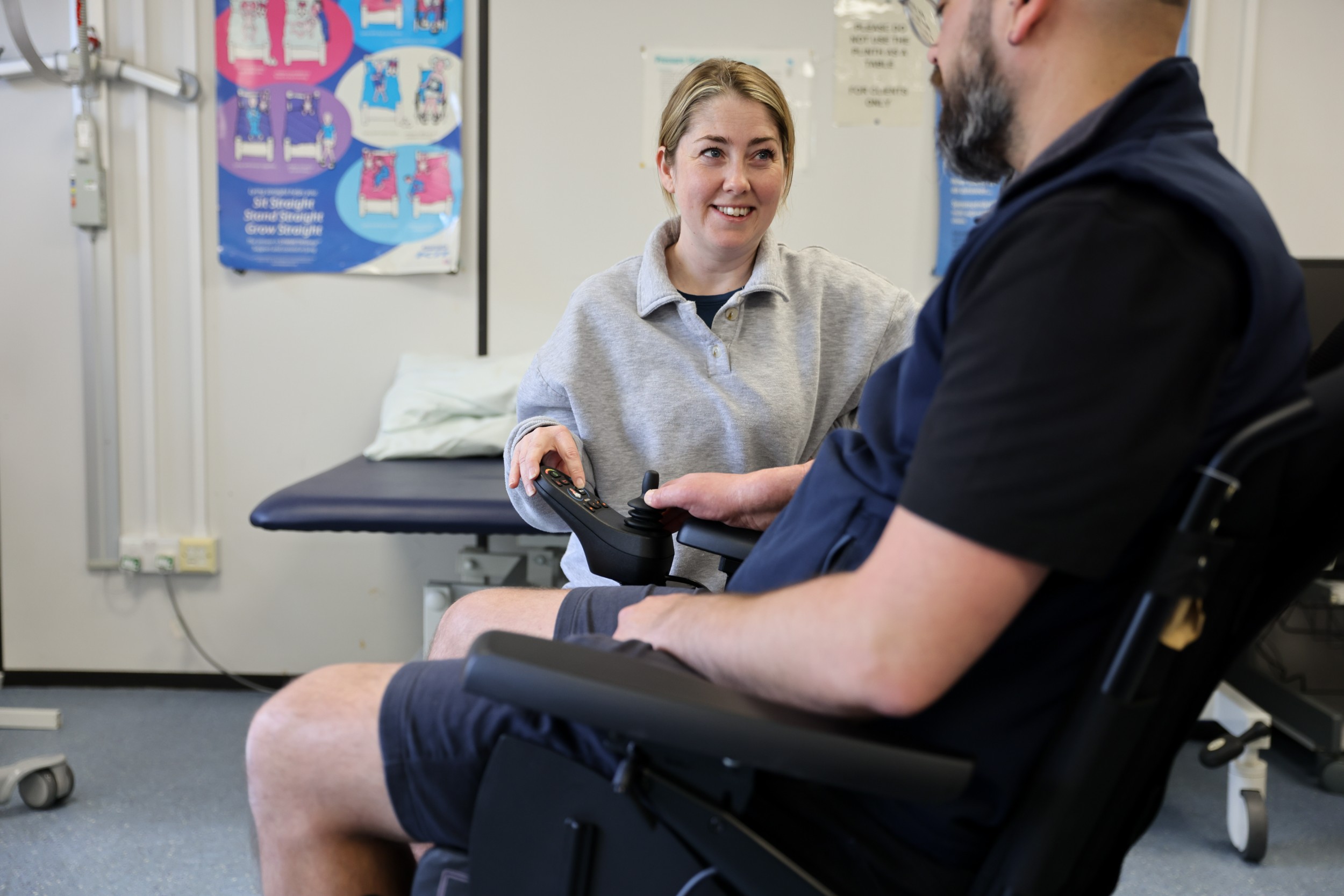
Eligibility criteria for wheelchair users
This national scheme replaced the Wheelchair Voucher Scheme in 2018. This scheme offers the client the choice to stay within the standard NHS provision or to use their PWB towards the cost of a different wheelchair.
This means that anyone who qualifies for an NHS wheelchair can use what the NHS would have spent on a wheelchair for their needs towards the cost of a wheelchair of their choice. providing it is agreed that it meets their clinical needs
Where a new client is assessed, or a new wheelchair is required by an existing client; the clients Personal Wheelchair Budget (PWB) will be calculated, and the scheme explained to them in detail. The Dorset Wheelchair Service clinical staff will set out general prescription criteria in the PWB paperwork.
NB: Existing clients whose needs have not changed and equipment appropriate will not be eligible for a PWB.
The value of the PWB is based on the value of the equipment that would have been issued from the NHS range of wheelchairs, to meet their clinical mobility needs.
There are three options available.
Accept the wheelchair prescribed to meet your needs. The chair will remain the property of the NHS.
You can upgrade to an alternative model of wheelchair within the NHS range. The wheelchair can remain the property of the NHS.
You can add additional features to the wheelchair provided with guidance of the clinician. The wheelchair and any additional features will remain the property of the NHS.
You can choose a model of wheelchair outside of the NHS range, provided it meets your needs, from an independent mobility provider.
This option includes an amount allocated to assist with repair and maintenance costs which will be the responsibility of the wheelchair user for the life of the wheelchair. The PWB will be issued for a period of five years for adults and three years for children (under-18s). This is considered to be the life expectancy of a wheelchair.
The possible contra-inductions of choosing a PWB will be fully discussed at the assessment stage. Choosing the third-party option will usually mean that the client has opted out of NHS input for the duration of the agreement. Clients with rapidly changing needs may find choosing a third party PWB has implications in addressing their long-term needs.
It is however recognised that clinical needs may change unpredictably. If this happens and a re-assessment is required before the end of the 5-year period, a clinic appointment would be arranged to discuss these issues. If appropriate, a wheelchair from the standard wheelchair service range may be prescribed to meet the changed clinical need, another third party PWB will only be considered in exceptional circumstances.
If the third-party chair is beyond economic repair before the end of the period but the wheelchair users’ clinical needs have not changed, it may be possible to issue a replacement chair from the standard wheelchair service range. This chair will be from basic stock and meet clinical need but may not be of the same type as that purchased under the PWB scheme.